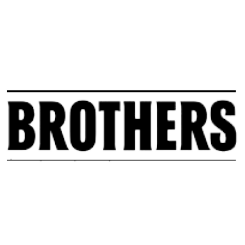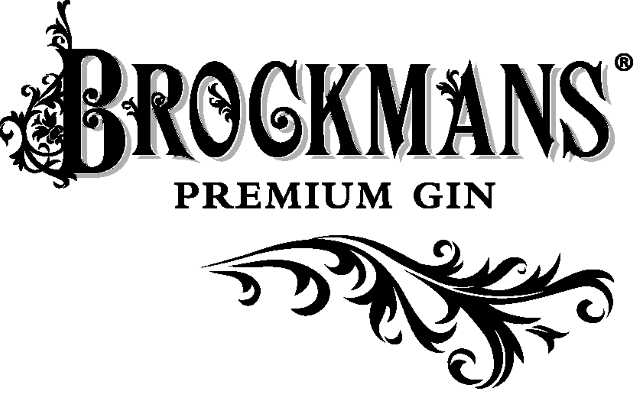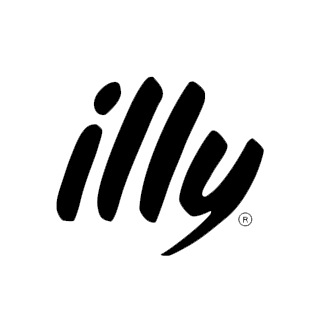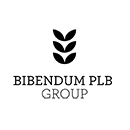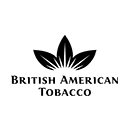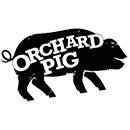Legal and Regulatory Aspects of Beverage Industry Jobs

Navigating the legal and regulatory landscape is crucial for both employers and employees in the beverage industry. At Cesium Group, we provide expertise to ensure compliance, reduce risk, and foster a productive workplace. The beverage industry, with its dynamic environment and diverse workforce, is governed by complex legal and regulatory frameworks. Understanding these intricacies is essential for creating a safe, fair, and compliant workspace.
Key Takeaways
- Licensing and permits are fundamental for beverage businesses.
- Workplace safety compliance is non-negotiable.
- Employment contracts must align with labour laws.
- Regulatory updates demand continuous monitoring.
- Expert guidance ensures seamless compliance.
What is The Beverage Industry?
The beverage industry sector is a critical sector that plays a significant role in the global economy, producing a wide variety of drinks ranging from non-alcoholic beverages like juices and sodas to alcoholic drinks such as beer, wine, and spirits. As the industry grows and evolves, both employees and employers must navigate a complex web of legal and regulatory requirements to ensure compliance, safety, and fairness. Additionally, staying informed about beverage industry job market trends is essential, as shifts in consumer preferences, sustainability practices, and technological advancements shape employment opportunities and skills in demand. These considerations touch on various aspects of employment, from worker rights and health and safety standards to labour laws and product regulations. Understanding these legal frameworks is crucial for both workers and employers to foster a safe and legally compliant workplace.
1. Employee Rights and Labour Laws in the Beverage Industry
Employees working in the beverage industry are entitled to a range of rights and protections under national and international labour laws. Employers must ensure they comply with labour standards related to working conditions, pay, and benefits. Some key labour laws that apply to the beverage industry include:
-
Fair Labour Standards Act (FLSA)
Fair Labour Standards Act (FLSA) is a critical piece of legislation that governs minimum wage, overtime pay, recordkeeping, and youth employment. Beverage industry workers, whether they are involved in production, distribution, or retail, are entitled to at least the minimum wage as stipulated by the FLSA. Additionally, if employees work more than 40 hours a week, they are generally entitled to overtime pay unless they meet certain exemption criteria, such as being classified as salaried or in managerial roles.
-
Health and Safety Regulations
Given the physical demands of many beverage industry jobs, from operating machinery to handling heavy cases of product, employers are required to provide a healthy and safe working environment. The Occupational Safety and Health Administration (OSHA) sets guidelines to protect workers from workplace hazards. Employers must ensure that their facilities meet OSHA’s safety standards, including proper handling and storage of hazardous materials, safe machinery practices, and appropriate protective equipment. Non-compliance with these safety regulations could result in fines, lawsuits, and employee injuries.
-
Non-Discrimination and Equal Employment Opportunity
Employees in the beverage industry, like in any other sector, are entitled to work in an environment free from discrimination. Employers are prohibited from discriminating based on race, colour, gender, religion, national origin, disability, or age under laws. These laws require that hiring practices, promotions, and compensation be fair and equitable. Additionally, affirmative action programs may be implemented by larger employers to ensure that marginalised groups are represented in the workforce.
-
Labour Unions and Collective Bargaining
In many sectors of the beverage industry, particularly in manufacturing or production roles, labour unions play a vital role in advocating for employees’ health and safety responsibilities. These unions negotiate collective bargaining agreements (CBAs) that address wages, benefits, working conditions, and dispute resolution. Employers must engage with unions in good faith and ensure that they adhere to the terms of the CBA. Employees who are part of a union have the right to organise and seek collective bargaining without fear of retaliation.
2. Regulations Regarding Alcoholic Beverages
The production, distribution, and sale of alcoholic beverages are governed by stringent legal frameworks that vary by country, state, and even local jurisdiction. Multiple government agencies oversee the regulation of alcoholic beverage. Some key regulations include:
-
Licensing and Permits
Before engaging in the production or sale of alcoholic beverages, companies must obtain various licenses and permits. These can include federal, state, and local licenses, and the requirements may vary depending on the types of alcholic and non-alcholic beverage and the state in which a company operates. In addition to production and distribution licenses, beverage companies must also obtain permits for importing, wholesaling, and retailing alcoholic beverages.
-
Labeling and Marketing Standards
There are also strict regulations regarding the labelling and marketing of alcoholic beverages. Labels must include specific information, such as the alcohol content (by volume), health warnings, and the name and address of the manufacturer. Advertising is another area that is tightly regulated; ads must avoid targeting minors or portraying irresponsible drinking behaviors. Both federal and state agencies impose heavy fines for violations of these standards.
-
Age Restrictions
Another key regulatory aspect of the alcoholic beverage industry is ensuring compliance with age restrictions. In many countries, the legal drinking age is 21, and employers must ensure that their establishments and employees do not serve alcohol to underage individuals. Additionally, employers in retail or service settings, such as bars and restaurants, must ensure that their staff is properly trained to check identification and prevent underage drinking.
3. Food and Beverage Safety Regulations
Food and beverage safety is a critical issue in the beverage industry, as unsafe practices can lead to contamination, health risks, and even product recalls. The food and beverage manufacturing sector is heavily regulated to ensure that products are safe for consumption. The Food Safety Modernisation Act (FSMA) gives the FDA authority over the food safety of beverage products, including soft drinks and alcoholic beverages.
-
Sanitation Standards
Beverage manufacturers must adhere to strict sanitation and hygiene standards, particularly in the production and bottling stages. This includes ensuring clean equipment, proper storage conditions, and preventing cross-contamination between raw ingredients and finished products. These guidelines help to prevent foodborne illnesses and protect consumers.
-
Product Recalls
When a beverage product is found to be contaminated or poses a health risk to consumers, the manufacturer must initiate a product recall. Regulations require companies to notify both the public and relevant health authorities promptly. In such cases, beverage industry employees may be involved in handling the recall process, from notifying retailers to managing customer complaints and addressing public relations issues.
4. Environmental Regulations
Environmental concerns are increasingly important in the beverage industry, particularly regarding packaging waste and water usage. Beverage companies must comply with environmental regulations designed to limit their impact on the environment. In some regions, companies are required to meet specific targets for water conservation, waste management, and energy efficiency.
-
Waste and Recycling
The beverage industry is a major consumer of plastic and glass bottles, as well as aluminium cans. Many countries have implemented recycling mandates for beverage packaging, which means employers must ensure their production facilities and distribution channels meet recycling requirements. Additionally, beverage manufacturers may need to pay fees or contribute to producer responsibility schemes to manage post-consumer packaging waste.
5. Intellectual Property Rights
For beverage companies, protecting intellectual property (IP) is crucial, especially in an industry where branding, recipes, and packaging play a significant role in market success. Employers must ensure that trademarks, patents, and copyrights are properly registered and enforced. Employees involved in product development must be aware of IP laws to ensure that any innovations or recipes they create as part of their work are appropriately protected.
How Cesium Group Can Help
At Cesium Group, we provide tailored solutions to help businesses and employees navigate legal and regulatory complexities. As drinks industry specialists, our expertise spans:
- Assisting with licensing and permits.
- Developing workplace safety programs.
- Ensuring compliance with employment laws.
- Providing ongoing regulatory updates.
Conclusion
Navigating the legal and regulatory landscape of the beverage industry requires expertise and diligence. Whether you’re an employer seeking compliance support or an employee aiming to understand your rights, Cesium Group is here to help. Contact us today to discuss how our tailored solutions can address your specific needs.
FAQ
What licenses are required to start a beverage business?
Beverage businesses require licenses such as alcohol distribution permits, food safety certifications, and zoning approvals.
How can employers ensure workplace safety compliance?
Employers must conduct risk assessments, provide safety training, and adhere to standards outlined by the Work Health and Safety Act.
What are the consequences of non-compliance?
Non-compliance can result in fines, legal action, and operational disruptions. Partnering with experts like Cesium Group helps mitigate these risks.
How often do beverage industry regulations change?
Regulations can change frequently, depending on government policies and industry trends. Regular updates from compliance experts are crucial.
Can international businesses operate in the Australian beverage market?
Yes, but they must comply with local licensing, food safety, and import/export regulations. Cesium Group can assist with international compliance needs.


